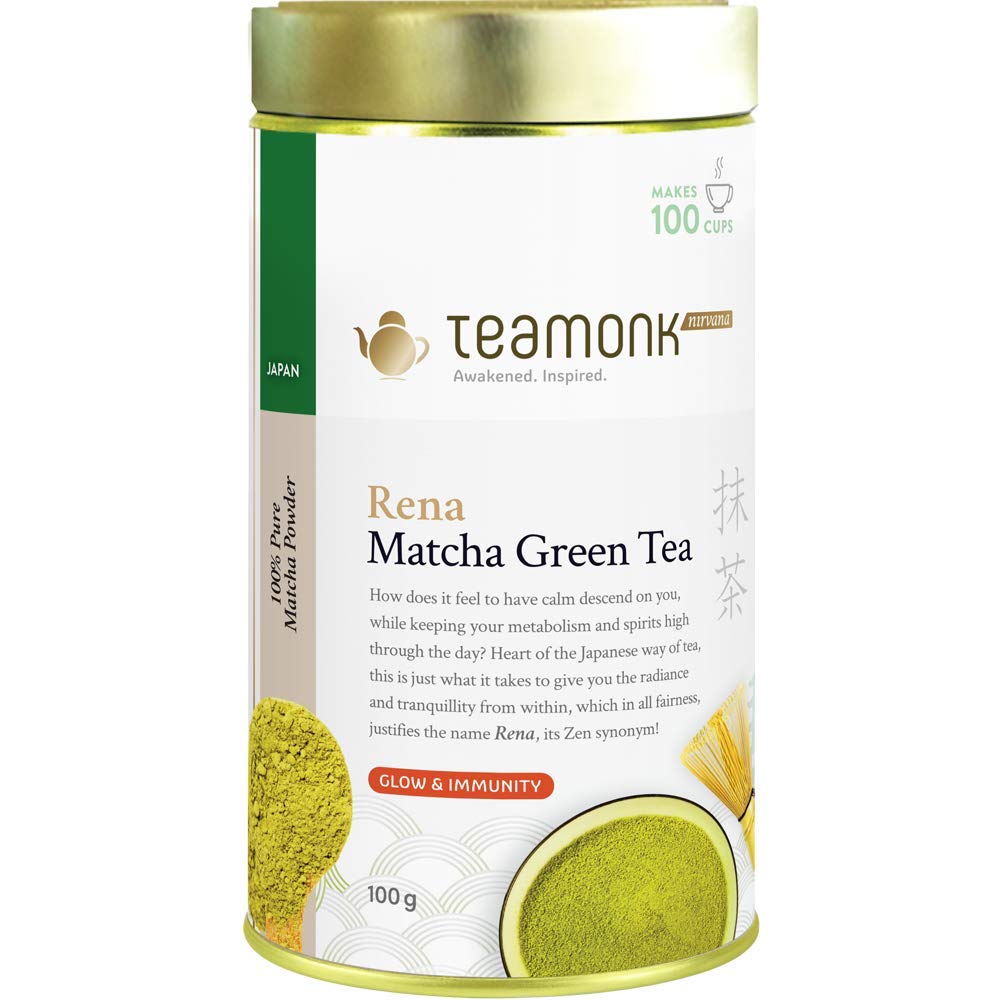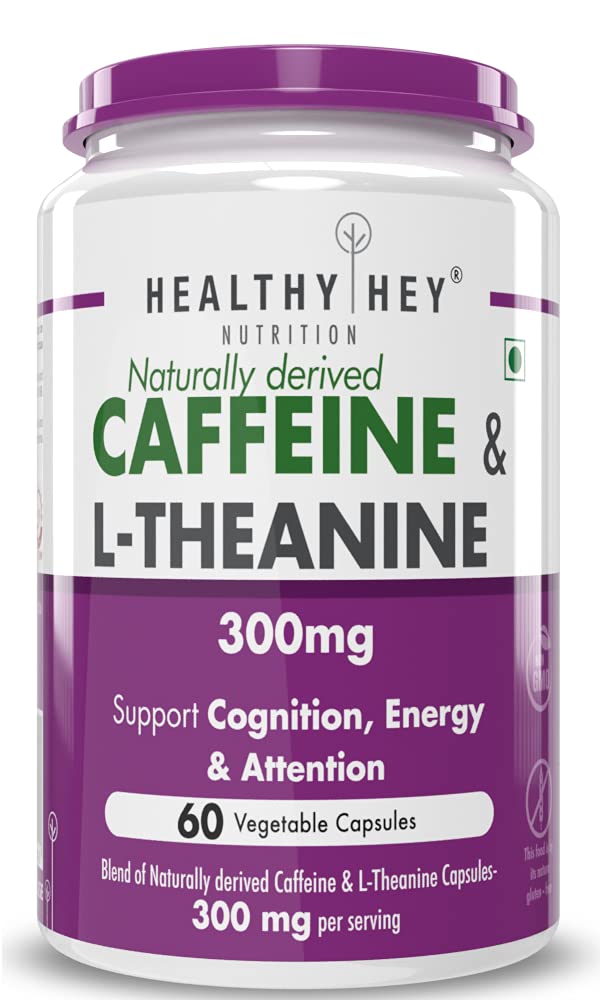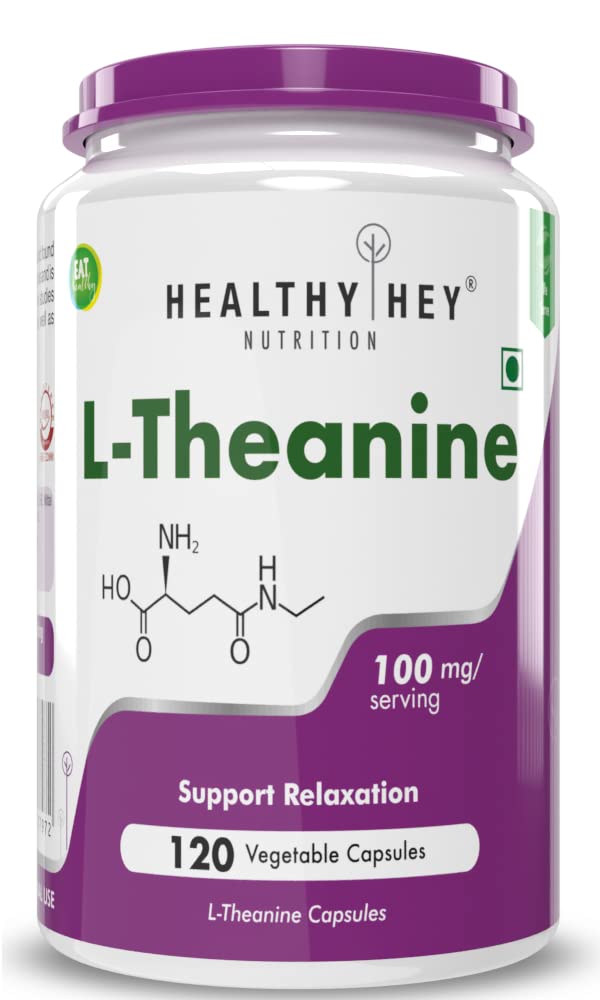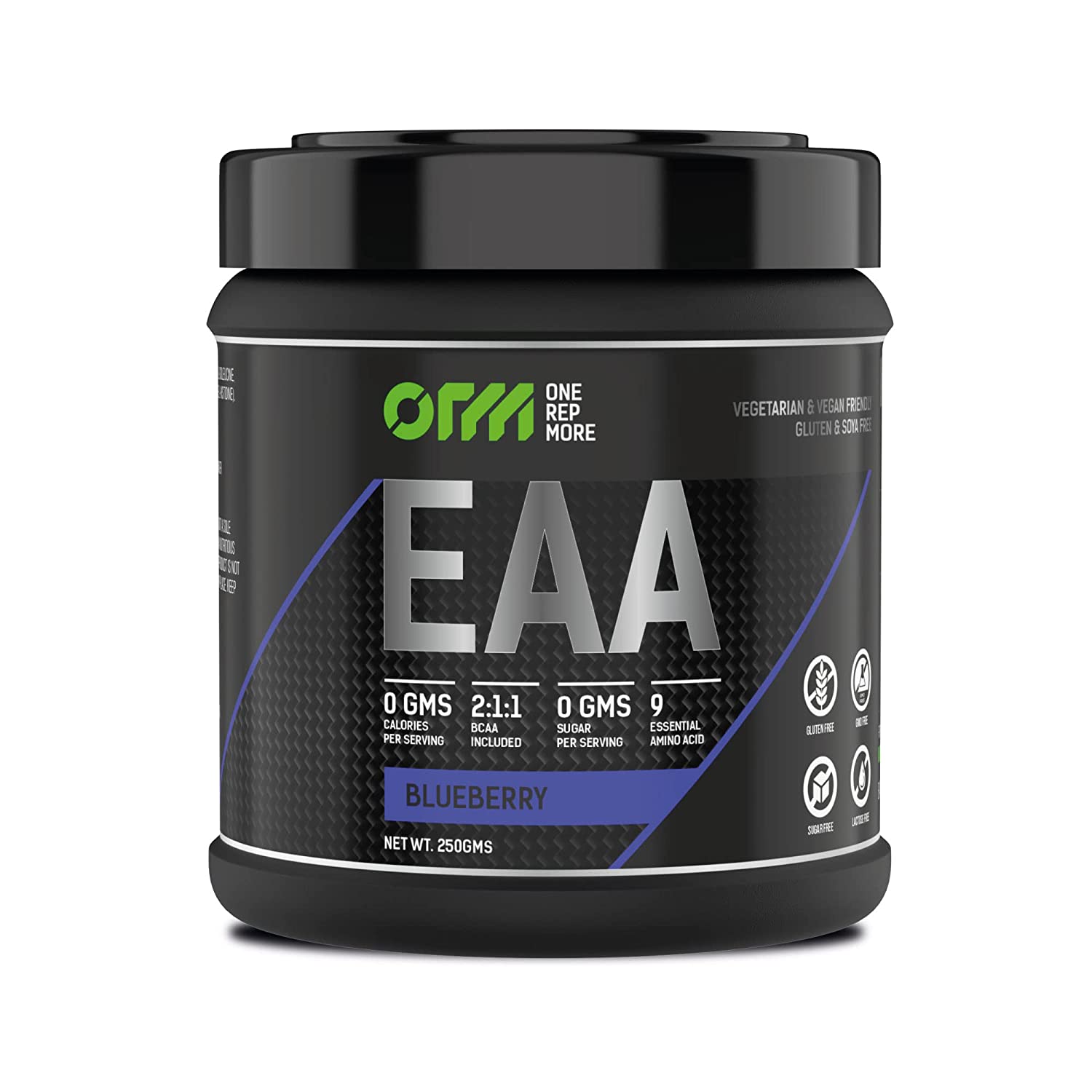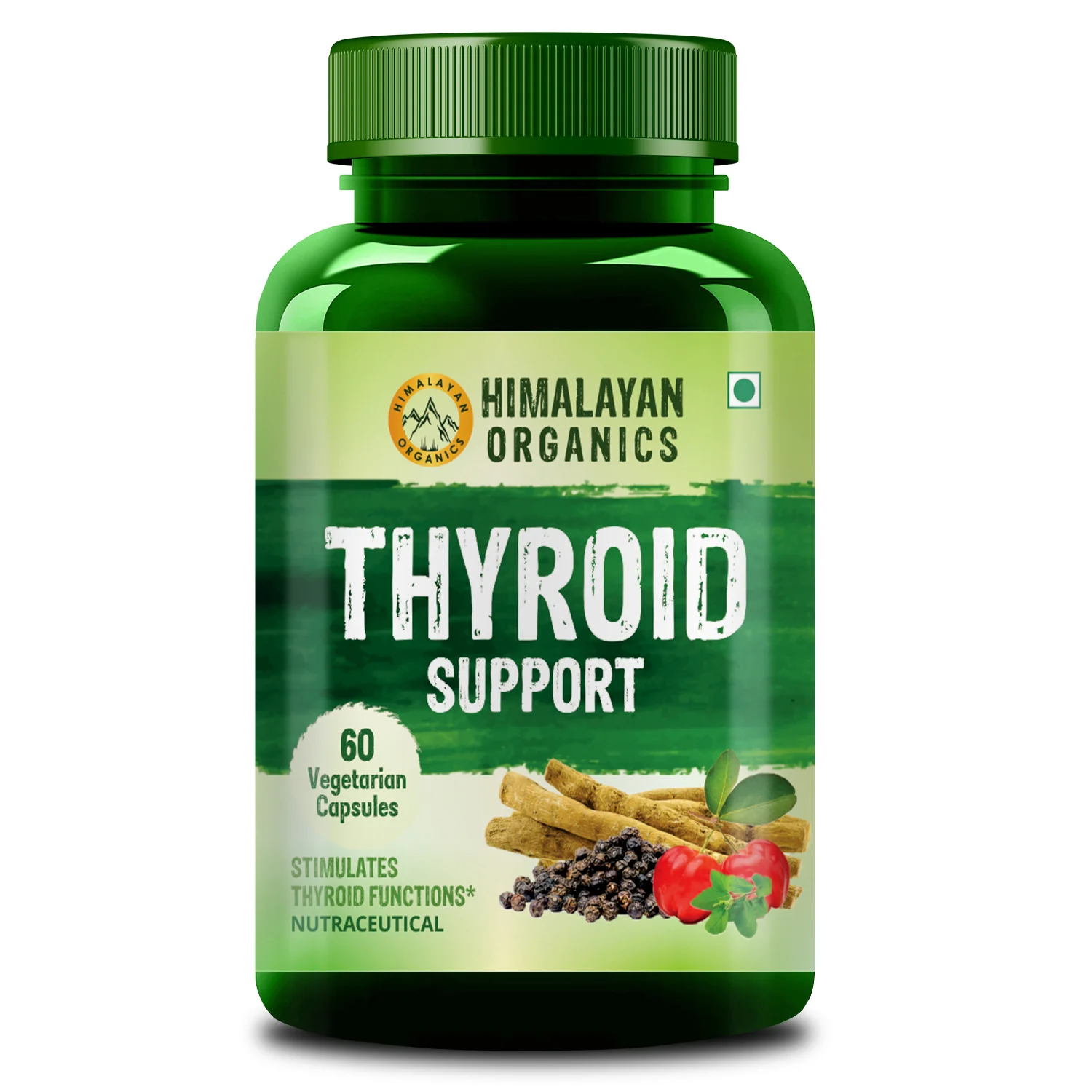L-theanine
Micronutrient
Last update date: November 08, 2023
Theanine is an amino acid. It comes in two forms; L-theanine and D-theanine. It is primarily found in green and black tea and some mushrooms.
Frequently Asked Questions
1.
What is L-theanine?
L-theanine is a type of amino acid found in tea and certain mushrooms. It has two forms: L-theanine and D-theanine, with L-theanine being the most common. L-theanine resembles another amino acid called glutamate, which helps transmit nerve impulses in the brain. Sometimes L-theanine acts like glutamate, but other times it blocks its effects. L-theanine may also affect brain chemicals like GABA, dopamine, and serotonin. People use L-theanine to potentially improve mental function, but scientific evidence supporting its benefits is limited.
2.
What does taking L-theanine do?
L-theanine might help improve memory and thinking skills (cognitive function). Taking L-theanine orally could potentially help you stay focused, especially for healthy individuals. It's not clear if combining L-theanine with caffeine is better than consuming it separately.
3.
What is negative impact of L-theanine?
Using L-theanine in the short term is generally considered safe. Daily doses of up to 900 mg for 8 weeks have been safely used. It's uncertain whether L-theanine is safe for long-term use. Possible mild side effects may include headaches or sleepiness.
4.
What to avoid taking with L-theanine?
Pregnant or breastfeeding individuals should avoid using theanine due to insufficient information on its safety during these periods. L-theanine is potentially safe for children when taken orally in the short term. Boys aged 8-12 years have safely taken daily doses of 400 mg for up to 6 weeks.
5.
What is the best form of L-theanine?
Tea, especially green tea and black tea, is a common source of L-theanine. Certain mushrooms, like Boletus badius and Xerocomus badius, contain L-theanine. Enjoying a cup of tea or including mushrooms in your meals can provide you with L-theanine.


